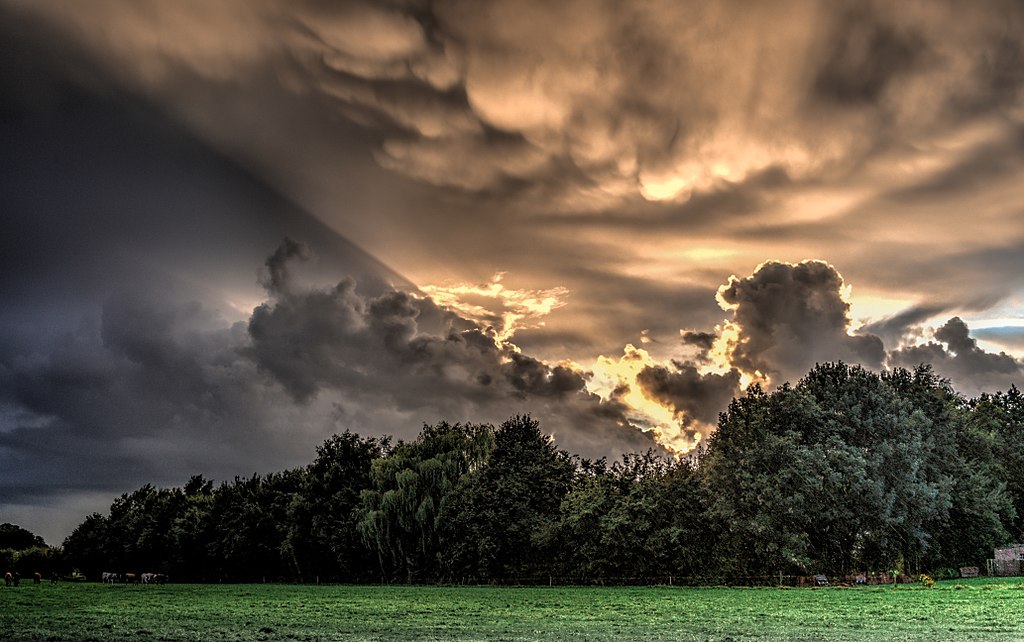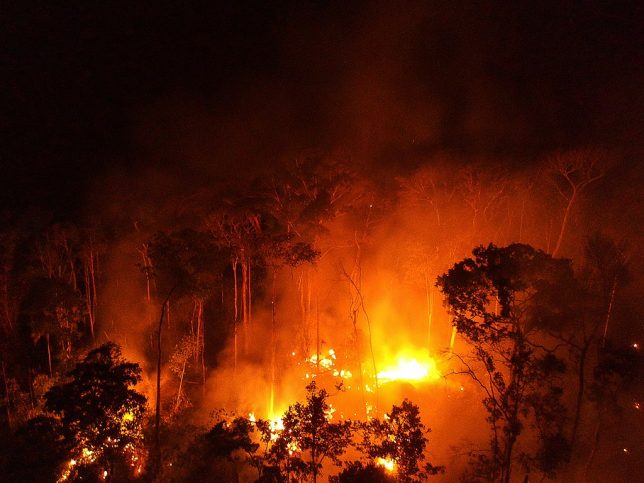
nature-clouds-hdr-phenomenon, 19 August 2014, 20:21, Wikimedia Commons
Global ecocide law movement promises a sustainable tomorrow
The growing global momentum for an ecocide law reflects a heightened awareness of the imperative to protect the environment for future generations. As nations unite to combat ecocide, hope for a sustainable and secure future strengthens.
Netherlands proposes ecocide law
In the Netherlands, Member of Parliament Lammert van Raan of Partij voor de Dieren (Party for the Animals) has introduced a law proposal to criminalize ecocide. The proposal, which aims to hold individuals accountable for serious environmental damage caused by human actions or inaction, is currently undergoing a four-week public consultation period. If approved by Parliament, the bill will become law, reflecting the growing social opinion on the importance of protecting the environment. This move is seen as a significant step towards preventing ecocide globally, with various organizations, including Stop Ecocide NL and Stop Ecocide International, supporting the initiative.
OSCE calls for international ecocide law
The Parliamentary Assembly of the Organization for Security and Co-operation in Europe (OSCE) has made a groundbreaking endorsement, urging its participating States to incorporate ecocide as a concept in national and international law. This endorsement, part of the Final Declaration from the 30th Annual Session in Vancouver, highlights the rising concern over microplastic and nanoplastic pollution and calls for reducing greenhouse gas emissions according to the Paris Agreement. Jojo Mehta of Stop Ecocide International welcomes this intervention, emphasizing that recognizing ecocide as a crime in both peacetime and conflict can effectively deter severe and long-term environmental harm.
Global Greens Congress backs ecocide law
At the Global Greens Congress in South Korea, representatives from Green Parties, Indigenous communities, civil society, and NGOs from around the world formally endorsed the establishment of an international crime of ecocide. The endorsement statement by the Global Greens emphasized the urgent need for legal recognition and a global framework to address ecocide. This move aims to shift attitudes, policy decisions, and cultural behavior toward protecting vital ecosystems and endangered species. The endorsement marks a collective effort to strengthen legal frameworks and accountability in environmental protection.
Kakhovka Dam destruction: A case of ecocide
In southern Ukraine, the breach of the Kakhovka Dam has caused devastating consequences for both humans and the environment. The ecological impacts of this disaster have been likened to “ecocide,” highlighting the gravity of the situation. Ukraine called on the international community to provide expertise and assistance to assess the full extent of the damage suffered. With the recognition that crimes of this scale require independent international investigations, Ukraine seeks cooperation with the International Criminal Court (ICC). The incident underscores the urgency of recognizing ecocide as a standalone crime, applicable in both wartime and peacetime, to prevent severe and widespread environmental harm.
The global momentum behind the push for an ecocide law signifies the increasing awareness of the need to protect the environment and ensure the well-being of the planet for future generations. As nations and organizations come together to address ecocide, the hope for a sustainable and ecologically secure future grows stronger.

